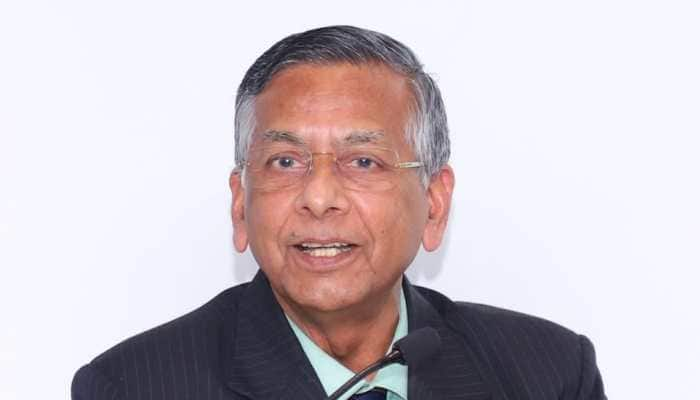Attorney General of India is a Constitutional Post under Article – 76 of the constitution. He is First Lawyer of India, Indian government’s Chief Legal Advisor and Primary Lawyer of Government of India in Supreme Court. Attorney General is necessary for giving advice to Government of India on legal issues. He also performs the legal duties assigned to him by the President. He appears in Supreme Court on behalf of Government of India. He has the RIGHT TO AUDIENCE in all Courts of India (i.e., he can attend proceedings of any court in India and Judge/ Judges will take care of his opinion & views). Though he is not a member of parliament but can attend in proceeding of both of its houses but without VOTING RIGHT. He can also be made member of a Parliamentary Committee but without voting right. He has all the Powers & Privileges available to a Member of Parliament. He can’t appear against the Union Government. He is not a Government Servant, because of this, he is NOT paid salary but a retainer i.e., fee. Retainer to attorney General is paid from the Consolidated Fund of India. As he is not a government Servant, he can do private practice but can’t appear against the Government.
APPOINTMENT:
Attorney General of India is appointed by the President.
TENURE:
Tenure of Attorney General is 3 years but not fixed. He holds office during the Pleasure of President. President can remove him at any time without assigning any reason. In India this is a common practice,
that after the change of union government, new government does change the attorney General of its choice.
OATH OF OFFICE:
Oath of office to Attorney General is administered by the President.
RESIGNATION:
In case Attorney General wants to resign, he can address his resignation to the President.
When Modi Government came to power in May 2014, Attorney General Ghulam Vanahavati was replaced by Mukul Rohtagi.
ELIGIBILITY:
A person to be eligible to be appointed as a Judge of Supreme Court can be appointed as Attorney General. Generally Senior Lawyer with vast experience is chosen by Union Government to be appointed as Attorney General.
Attorney General is assisted by Solicitor General & 22 Additional Solicitor Generals.
1st Attorney General of India – Mr. M C Setalwar (He was also First Chairperson of Law Commission of India established after Independence
13th – Mr. Ghulam Vanahavati 14th – Mr. Mukul Rohtagi
15th – K.K. Venugopal
16th – Mr R. Venkataramani – Since 2022
Mr. R. Venkatarama, aged 73 years, is an Indian Constitutional Lawyer and a Senior Advocate in Supreme Court of India. He was appointed as member of Law Commission of India in 2010. He is currently serving as the Attorney General of India.

